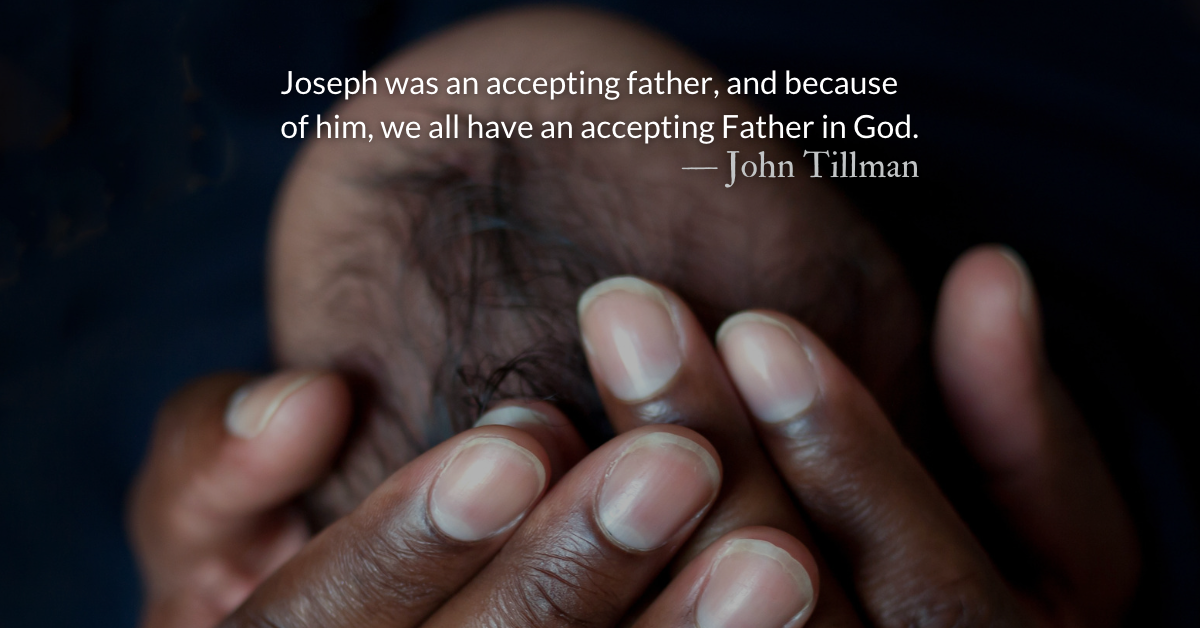Scripture Focus: Matthew 8.16-17
16 When evening came, many who were demon-possessed were brought to him, and he drove out the spirits with a word and healed all the sick. 17 This was to fulfill what was spoken through the prophet Isaiah:
“He took up our infirmities and bore our diseases.”
Reflection: Amazing Jesus
By John Tillman
Matthew closes this section saying that the healings prove something about Jesus.
The central feature of this section of healings is the exemplary faith of the centurion. The centurion who previously would send the servant out on his behalf went out on behalf of his servant. Jesus is amazed. He says the centurion has greater faith than anyone in Israel. Pause for a moment and think about the people to whom Jesus compares the centurion…
No one Jesus has found in Israel has shown greater faith than the centurion? Not Mary, Jesus’ mother? Not the twelve disciples? Not John the Baptist? Not the devout leper in the previous scene who said, “Lord, if you are willing, you can make me clean”? None of them had greater faith than the centurion? Apparently. So, does it take “amazing” faith to be healed?
The other time in scripture where Jesus is “amazed” is visiting his hometown, where he would receive no honor and find no faith—yet he still healed. (Matthew 13.58; Mark 6.5-6) Faith is not a currency we purchase miracles with. If it was, how could those bankrupt of faith be healed? Jesus’ healings are connected to his identity and his mission, not our faith.
Jesus’ healings validate his authority to teach and to forgive sins. (Matthew 9.6) But Jesus’ healings are more than a flex against the religious establishment. They tell us who Jesus is. Matthew records them to prove that Jesus is the one Isaiah prophesied. Jesus took weaknesses and sickness on himself to prove that he was the one who could take upon himself the sickness of death.
Healing is an emotional topic because it touches people we know. I have known people healed through medical science and people whose healing was inexplicable to medical science. I’ve also known people who prayed fervently for healing, yet died.
When someone dies, it sounds like an insensitive cop-out to say ultimate healing will come at the resurrection. I wouldn’t recommend it as a counseling strategy. However, we must remember that resurrection is the only form of healing that is not temporary. Every person you read about being healed in the Bible, died eventually. Every one of them will be ultimately healed at the resurrection.
Even today, healings tell the amazing story that Jesus’ resurrection is real and those who aren’t healed now await the full resurrection-healing that he promises.
Divine Hours Prayer: The Request for Presence
Satisfy us by your loving-kindness in the morning; so shall we rejoice and be glad all the days of our life. — Psalm 90.14
Today’s Readings
Genesis 47 (Listen 5:03)
Matthew 8 (Listen 4:09)
Read more about Pain and Healing
Hosea shows how far God is willing to go to heal and restore. God is committed to our healing and restoration. Call on him.
Read more about The Miracle of Faith
Jesus’ greatest miracles were not stopping diseases…but…helping the faithless to believe, the cynical to trust, the hardened to love











